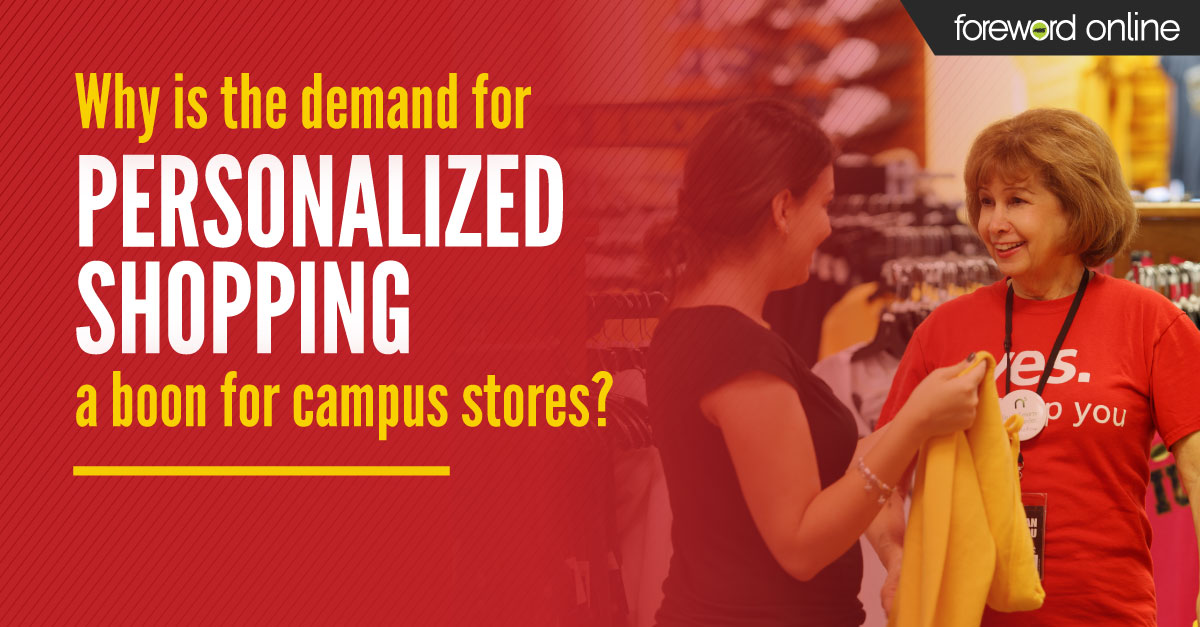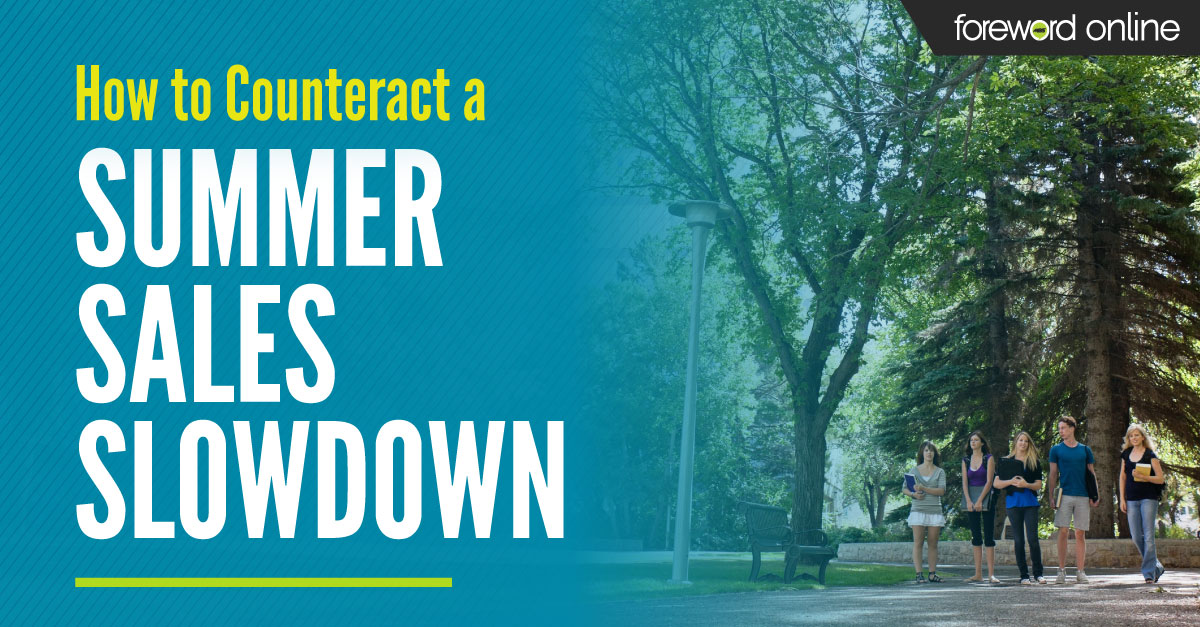Campus store customers want personalized shopping. Research shows the demand for connected shopping experiences has never been higher among consumers worldwide. Unsurprisingly, millennial and Gen Z shoppers are the most likely to expect retailers to use data in ways that make their retail experience convenient and memorable.
Connected devices increase the demand for personalized shopping
Though personalized shopping can be defined in a variety of ways, it almost always has something to do with retailers drawing on customer data to improve the consumer experience.
The spate of recent controversies surrounding data privacy might suggest that customers would be wary of businesses that use devices like fitness trackers, smartphones and smart TVs to mine personal data. But surveyed shoppers say they have no problem giving companies relevant information — provided it is used to improve their retail experience.
In fact, most shoppers expect companies to get better at data mining, according to a report from the customer relationship management (CRM) platform Salesforce, State of the Connected Customer.
The study, which includes survey feedback from over 6,700 consumers worldwide, found the following:
>>65% of customers said connected devices have changed or are changing their shopping expectations. That’s a 5% increase from 2018.
>>73% of consumers said they expect a company to understand their needs and expectations.
>>51% of consumers said they expect that by 2020 more companies will use data to anticipate their needs.
What’s true of the average consumer is even more evident among Gen Z and millennial shoppers — the cohort most likely to frequent campus stores.
>>76% of customers in all age groups use connected devices like trackers and smartphones.
>>82% of millennials and Gen Zers use connected devices.
>>53% of customers want their devices to be even more connected.
>>61% of millennials and Gen Zers want their devices more connected.
Consumers appear to be looking forward to the increased convenience and improved shopping experiences they can attain from sharing personal information. A study from marketing firm Epsilon suggests retailers that use data to provide tailored shopping experiences attract return customers.
>>80% of consumers are more likely to buy from a company that offers a personalized experience.
Personalized shopping and campus store customer expectations
Once consumers have an outstanding personalized shopping experience in one store, research shows they tend to expect more from others. Epsilon’s data suggests that campus store shoppers who have had good experiences with personalization off campus look for similar retail experiences at school. Beyond that, the experience shoppers have with your store probably matters to them as much as the products and services you offer.
>>84% of consumers say the experience a company provides is as important as its products and services.
>>73% of consumers say an extraordinary experience with one company raises their expectations of other companies.
Independent campus stores can draw on data from analytic applications like MBS Dashboard to personalize student experiences. Studying data on customer behaviors has helped stores boost sales in everything from logo wear to convenience food.
Personalized offerings are most effective for businesses with a clear mission
Campus stores are well poised to ride the wave of the personalization retail — especially if they focus on communicating their larger goals to student shoppers. Research shows that shoppers seek out businesses with a strong mission and well-defined ethics. They are more likely to trust such businesses, and more likely to feel confident sharing their private information with them, according to Salesforce.
>>80% of customers are more loyal to companies with good ethics.
A campus store’s devotion to education and student achievement can give it an edge over retailers who seem to put profits above people. Those that feature philanthropic activities in their marketing are likely to see an excellent response from customers. Stores that offer scholarships, free services or deliver profits back to the school should communicate those activities to students.
>>61% of millennials and Gen Zers actively look to make purchases from philanthropic companies.
In the past, collegiate retailers have struggled to establish customer trust, because students have held them responsible for high textbook costs. Clear communication about your mission and ethics can turn that around.
To reap the rewards of the growing demand for personalization, campus stores need only focus on two things. First, it’s critical to utilize the data-collecting potential of your POS system to determine which products best fit your students. Second, it’s vital to clearly communicate a strong mission that dovetails with young people’s personal interest in philanthropy and ethics. Combined, these two forms of personalization can drive campus store relevance well into the future.






